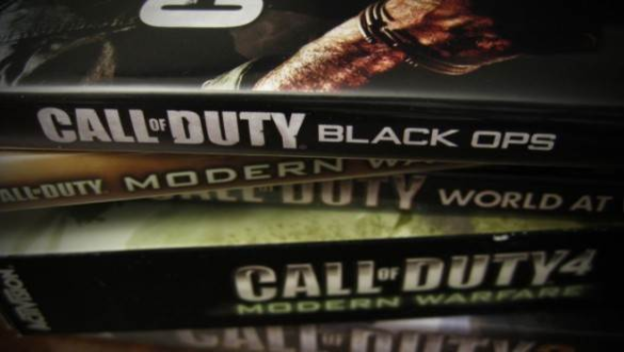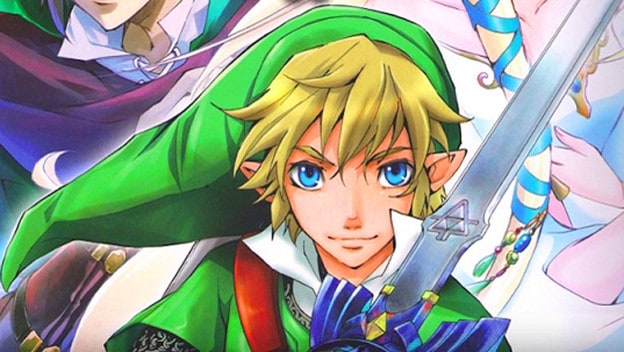Game series are often touch and go with quality, but loyalty keeps us coming back every time. As much as we adore our favorite series, I think it’s important to remember that just because these games bear a certain title, doesn’t mean they’re amazing games. Game loyalty began with the rise of game series and online multiplayer franchises. These series either evolve through improved graphics and gameplay tweaks or by expanding an already well-known world. It was easy for the game industry to use loyalty as a new business model where audience retention was key to a bonanza of profits. Unfortunately, this also meant that acquiring an audience for new games is seen to involve too much cost and not enough guaranteed profit. The marketing business model for game loyalty has taken over the industry. This is both wonderful and terrible; wonderful, because we’ve seen a lot of great games get better with new technology and ever-evolving creativity, and terrible, because we’ve also seen games get worse and rely too much on gamer loyalty to the franchise.
As often as we’re rewarded for buying the latest game in a series, we are also disappointed. There is always that one game in a series that we’d rather forget exists – like Legend of Zelda fans with Zelda II: The Adventure of Link. Despite such disappointments, the series usually redeems itself with the next game, like A Link to the Past did after Zelda II. There are other disappointments in the Zelda series, but none reach the collective disdain that The Adventure of Link does. This extends to other game series too, like the ever growing monsters of Call of Duty, Assassin’s Creed, Final Fantasy, and Resident Evil . Most of these games are either varying degrees of bad, or great.
Assassin’s Creed , for example, the very first game was great, but almost every game after that has been somewhere between okay and decent. Black Flag managed to break the mold with a vastly different storyline from the other games, even ACIII , and gameplay that was exciting enough to gain a new audience. Who doesn’t want to play pirate and blast other ships to smithereens? After that came Unity , though, one of the most disliked games in the series.
Call of Duty is probably the best example of a large game company focusing a little too much on making the same game over and over in a series. The very first Call of Duty, developed by Infinity Ward and published by Activision, revolutionized first-person-shooters and war-based games. However the second release, Call of Duty: Finest Hour , wasn’t even developed by Infinity Ward due to Activision’s time contraints. Activision wanted to mirror the success of the first Call of Duty as soon as possible and ended up with a game that was more or less a copy of the first. Since then, the series has had almost equal amounts of bad and good games, each depending largely on who was producing it and how much time they had.

The greed of these big gaming companies knows no bounds, giving game designers as short a time as eight months to make an entire game. The development time limits, especially for yearly franchises like Call of Duty and (up until this year) Assassin’s Creed , have everything to do with the varying game quality.
Yet, some of us keep buying the games, because the reputation of the series surpasses the risk of buying a bad game. I think it’s time we go against this audience retention business model, and start treating these game series as individual games. For that matter, so should the game companies. Activision, Ubisoft, EA, all of them should remember the best game series take time to develop their titles, like Zelda or Grand Theft Auto . Even with these more evenly excellent game series, we as gamers should remember that just because a game has a popular franchise in its title, doesn’t mean you have to buy it. This includes unnecessary HD or remastered editions that do not improve very much on the game itself, visually or otherwise. Let’s stop letting companies be lazy and start spending our money more wisely.
